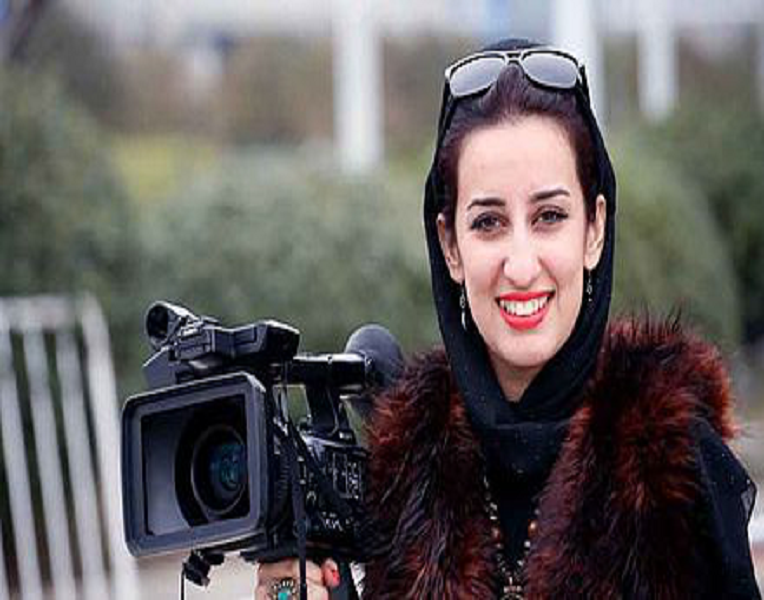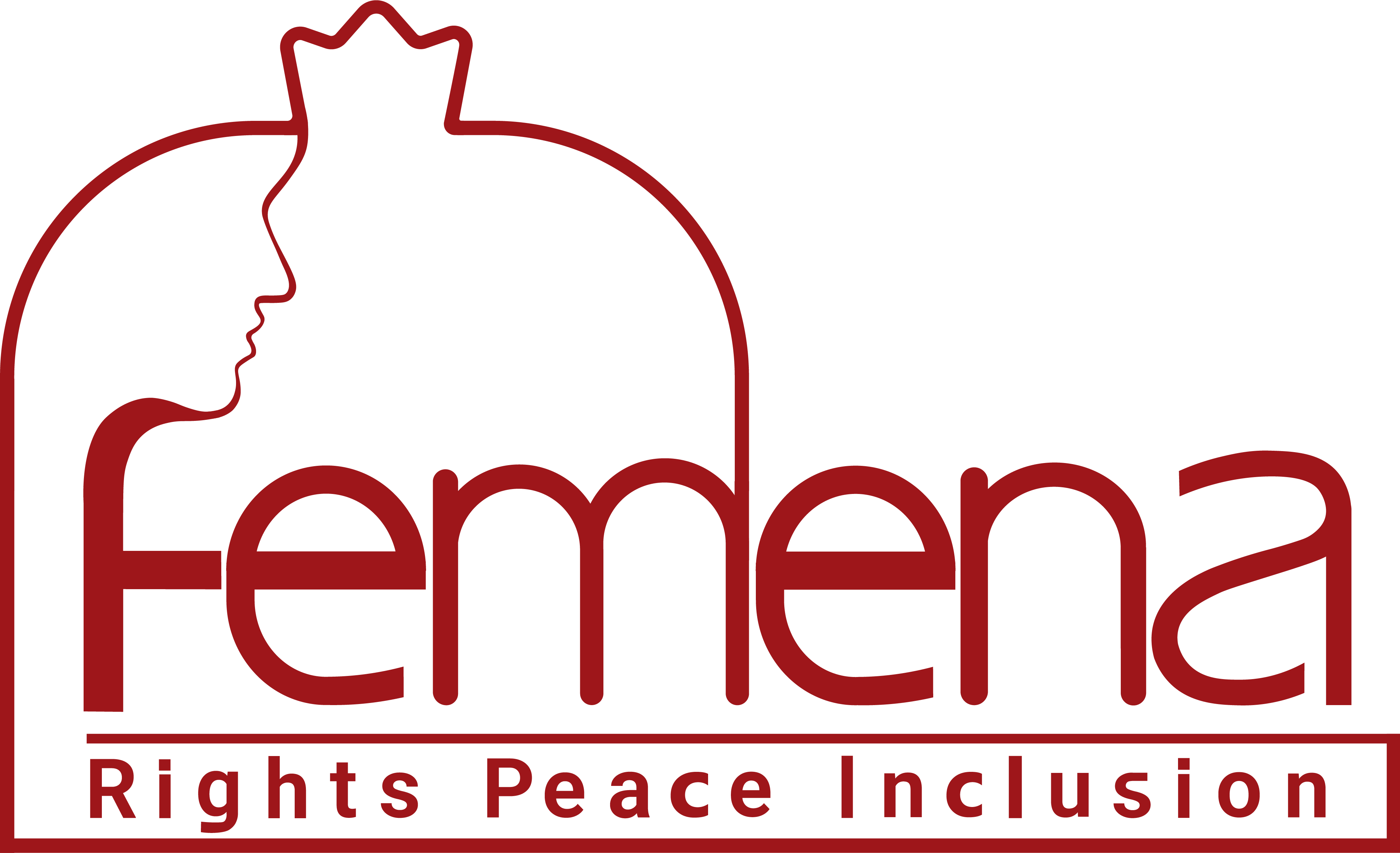
Farahnaz Forotan
Never in all my life has peace been so close to reality. More than any other time, I feel a responsibility to take action in shaping the future of my country—the future of a country I know as well as I know myself. Afghanistan, my home, my motherland, with which I begin and end!
I am a journalist, and I know my country in all its aspects. I have heard its stories and learned from every inch of this land and in turn I have re-told these stories for the world to hear. I have told the stories of Afghanistan from North to South, from East to West. I have told the stories of the people of Afghanistan, its different ethnic groups and spoken about its Presidents and merchants alike. I have told tales of the castles and power centers of this countries, just I have spoken about the displaced, their loneliness and about war and poverty. Now I am tired, more than ever before. I am tired of war and of guns, and of this murderous monster. I am tired of death in the midst of anger, bloodshed and poverty. I am tired of students with books in hand being targeted and killed and tired of killings on streets still filled with a passion for life.
We are weary and we all want the anger and bloodshed to end.
I still remember the cold days of our life in Tehran. My mother covered in a chador (a full black veil), the hot cruel sun beating down on her back. My father, who was once a respected official in his own homeland, languishing in Iran’s factories where he worked day and night.
I was a child and like a deep wound this memory haunts me still. The winter was coming to an end. We were on the cusp of spring. My father took me to a villa, with vast grounds and large gardens. A young strong man picked up a shovel and beginning digging up the dirt. I was engrossed in my child’s play. By the time I finished playing I realized hours had passed, but that man was still shoveling—non-stop and with all his might. All of a sudden I realized blood was running down his arms. Yes, that man, that worker, that refugee, was my displaced father.
One day, my young mother, who was younger than I am today, took my hand, and together, we searched the alleys and streets of Tehran intent on finding a school for me, so that I would not remain illiterate. But we were turned away, I wasn’t qualified for enrollment because I was a refugee.
Through sheer persistence we finally found a school that would accept new students. With my mother’s great insistence we managed to enter the school. An annoyed woman in a tone filled with contempt told us: “You Afghans should go and study in your own country. When you are not in your own country, then you shouldn’t study.”
Even though I’d heard what she had said, I wanted my mother to confirm it. I pulled on her black chador asking: “What did she say?” My mother looked at my innocent child’s face and replied “nothing.” I asked again and she replied: “nothing!” We returned home.
A year without school or study passed. Finally after a lot of followup, when I was 8 years old, I registered at an independent Afghan school as a first grader and began my studies. I still remember the color of my book bag, it was purple and black and smelled of hope.
Which negotiator or advocate can understand the exhaustion of a refugee child, who sat day after day on an old and worn out rug to learn the alphabet and couldn’t sleep from excitement when old chairs and desks from a Tehran school were to be donated to her class? Who can understand the long distances traveled just to go to attend school, paying a tuition far beyond the means of their family and hearing daily insults which labeled Afghans refugees as trash?”
My exhaustion is as vast as the loneliness of homelessness and displacement of my childhood days. I did not have a homeland. My homeland was in the hands of a group who refused to allow women to go to school or to work. The history of our displacement runs parallel to the history of the Taliban and it is every bit as bitter and agonizing.
They say peace will come. But at what cost? Who gets to decide the cost? What is its toll? Is it still us women who has to pay the price? Isn’t the price we have paid thus far, isn’t all of this loss, finally enough?
Indeed we are tired. We are the weary, who have lost minutes, days, months and years while trying to reach the caravan of peace. We have been killed, our bodies rendered unrecognizable as a result of massive injuries. We’ve buried our dreams and hopes and our longing has left us old and incapacitated.
Indeed we are tired. I am tired. The hair-raising wails of Yar-Mohammad’s mother continues to haunt my soul. Still, when I pass by Zanbagh intersection, I can sense the foul smell of death and burning flesh. I feel pain everywhere I go: Istiqlal high school, Serina Hotel, Continental Hotel, Mowood Educational Center, Deh-Mazang Square. This is the bitter reality for all of Kabul’s residents. Perhaps I know little about the hearts and minds of the men and women in the our villages? But is this good enough reason for more loss and for going back? Did we die in droves, only to repeat the past? No! I have lived in a world of destruction but managed to prosper and build an oasis. I have Red Lines too!
Peace should not be a for a particular group. This peace has to be socially just and has to ensure the rights and freedoms of all citizens. We, who are the survivors and the heirs of several generations of victims, where are we in this peace process?
A peace and countless questions and a world of ambiguity, all of which are grander and more important than discussions that take place behind closed doors.
Does this peace have a Red Line? Redlines, each of which, we have died for, years on end, but never given up. More than ever before, today we are unified in a collective struggle to prevent a retreat from our red lines. More than ever before we want to travel to far off places in our country, to ask what residents in Kabul, Balkh, Jalalabad, Herat, and Ghandehar, what constitutes a red line for them. What are the red lines of the men and women and the children, the youth and elderly of this land? Yes we are tired and weary but as Kamela Sadeghi put it? “We are no longer those 18 year old girls who living in darkness will wear out our Burkas and return to the past.”
The cost of this peace should not be going backwards. We do not want to sacrifice for peace what we have achieved in recent years. In fact free expression of our ideas is one of our achievements. Another achievement in these years, is the unity of women and men in support of our common rights. This unity will only become stronger. Today women from different sectors listen to one another, attend to common problems, and express their opinions in support of their rights.
My Red Line, is amplifying the collective voices of women who say: “We will not go back!” An Afghanistan where peace, equality and social justice for all are officially respected is important for us. I am not alone in this struggle. Despite the dangers and threats, the people of Afghanistan have and will defend their rights. We will no longer wait for others to determine our faith. We are the future. We will stay here and define the future. With tolerance and inclusion we will build our collective home. It is time for our voice to be stronger, louder and more unified than ever before.
I, Farahnaz Forotan, am a journalist. I will remain a journalist. My Red Line is my pen and my freedom of expression. What is your Red Line?
*Farahnaz Forotan is a journalist and the founder of the My Red Line Campaign. Follow the Campaign on twitter #MyRedLine
*Picture courtesy of UN Women Afghanistan

